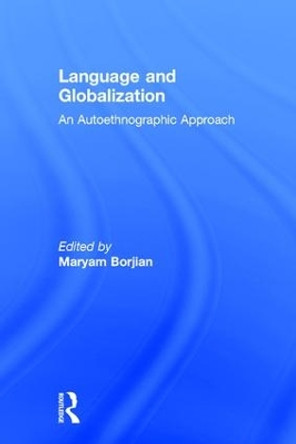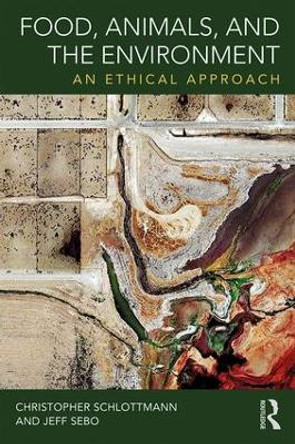Description
In this collection of real-life, personal narratives on the theme of language and globalization, scholars from a range of different sub-disciplines of linguistics, time periods, and geographical spaces throughout the world examine the interaction and intersectionality of languages and globalization and the implications of such interactions for world languages and cultures. A feature of the book is the application of autoethnography as its underlying approach/method, in which contributors draw on their own lived experiences (of life, scholarship, and work) to investigate and reflect on linguistic globalization and its issues and challenges against the backdrop of the globalized world of the 21st century.
About the Author
Maryam Borjian is Language Coordinator and Associate Professor in the Department of African, Middle Eastern, and South Asian Languages and Literatures at Rutgers, The State University of New Jersey, USA.
Reviews
"As the rich body of scholarship on multilingualism and English suggests, it is difficult to generalize the equalizing and stratifying, or democratizing and repressive, functions of contemporary globalization processes. The effects are inconsistent, interrelated, and interwoven in diverse localities. It is for this reason that the autoethnographies in this book are much needed in the scholarship on language politics. Scholars from different parts of the world provide situated and embodied narratives of how they have experienced globalization processes in their communicative life. They provide moving renditions of how globalization is instantiated in diverse settings, communities, and identities. More importantly, they open up fresh questions and themes for inquiry on language politics at a time when many countries are struggling to reconfigure their positioning in relation to globalization."
Suresh Canagarajah, Penn State University
"Narratives connect life experiences, emotions, and thoughts to language. Beyond that narratives construct subjective realities and meanings and connect them to their objective counterparts. Globalization is changing narratives both at the local and global level. Autoethnographies can best capture these changing global narratives. This book brings together brilliant autoethnographies that reflect the relationship between language, narrative, and globalisation. I highly recommend this outstanding and timely volume to researchers, educators, as well as students."
Farzad Sharifian, MONASH University
"In this novel collection, Maryam Borjian offers individual personal responses to the massive change in our environment that we have come to call globalization. The focus is on language, the way in which we organize and express our emotions and thoughts, bringing this abstract force into a human perspective."
Bernard Spolsky, Bar-Ilan University
"By situating language at the heart of globalization and human subjectivity at the heart of how we know, the personal-political stories in this important book contribute diverse and vital insights into our understanding of language in the world."
Alastair Pennycook, University of Technology Sydney
"Maryam Borjian's new book is an important and timely contribution to the analysis of language and globalization. Adopting autoethnographic approaches and written by a diverse group of authors, the chapters reveal the rich interaction of the professional and the personal. How is my human experience as a language user and learner integrated with my professional life as a scholar, teacher, writer, or activist? This profound question, at the heart of these important reflections, is one that everyone interested in language and globalization should ask."
James W. Tollefson, University of Washington
Book Information
ISBN 9781138227811
Author Maryam Borjian
Format Paperback
Page Count 222
Imprint Routledge
Publisher Taylor & Francis Ltd
Weight(grams) 340g









